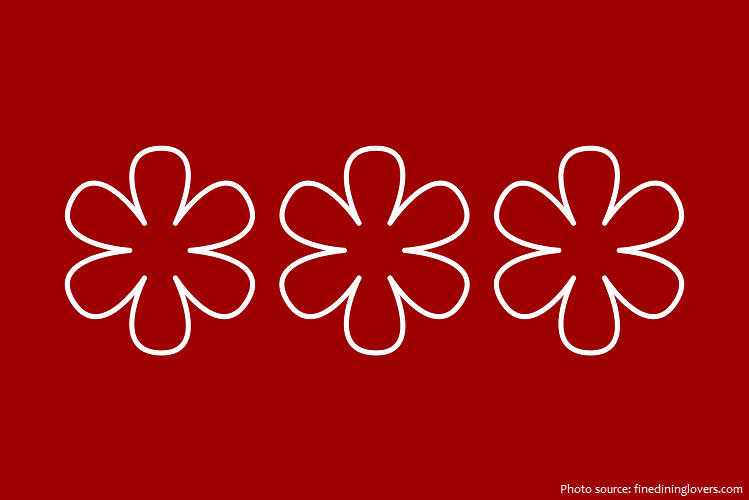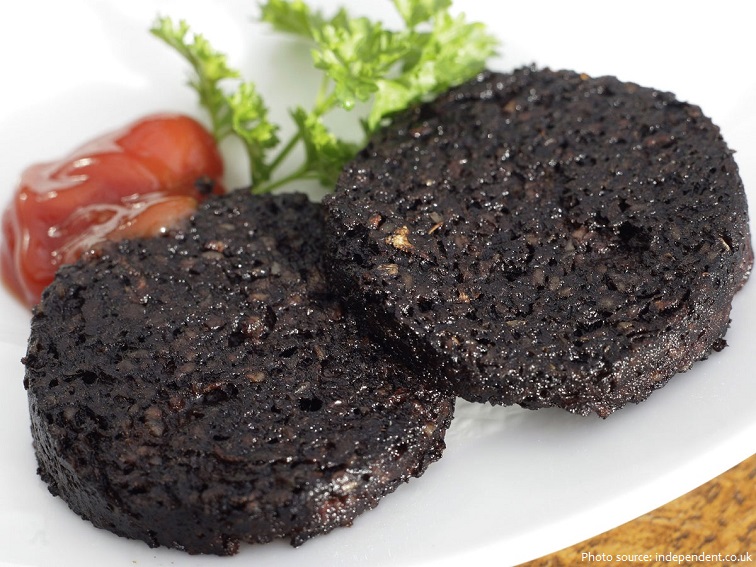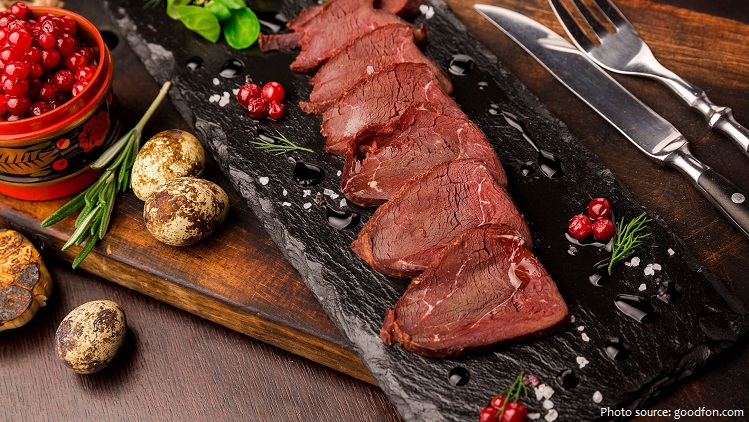Interesting facts about French cuisine
French cuisine is a style of cooking derived from the nation of France. It evolved through centuries of social and political change. It has been influenced throughout the centuries by the many surrounding cultures of Spain, Italy, Switzerland, Germany and Belgium, in addition to its own food traditions on the long western coastlines of the … Read more








